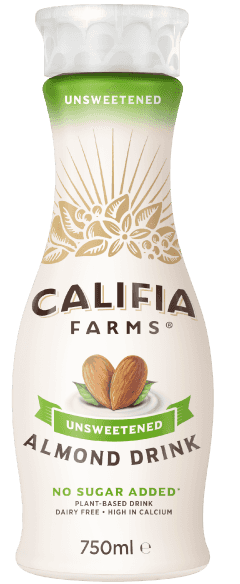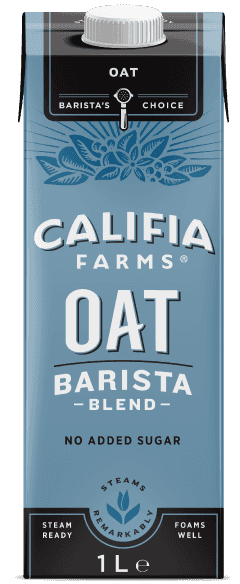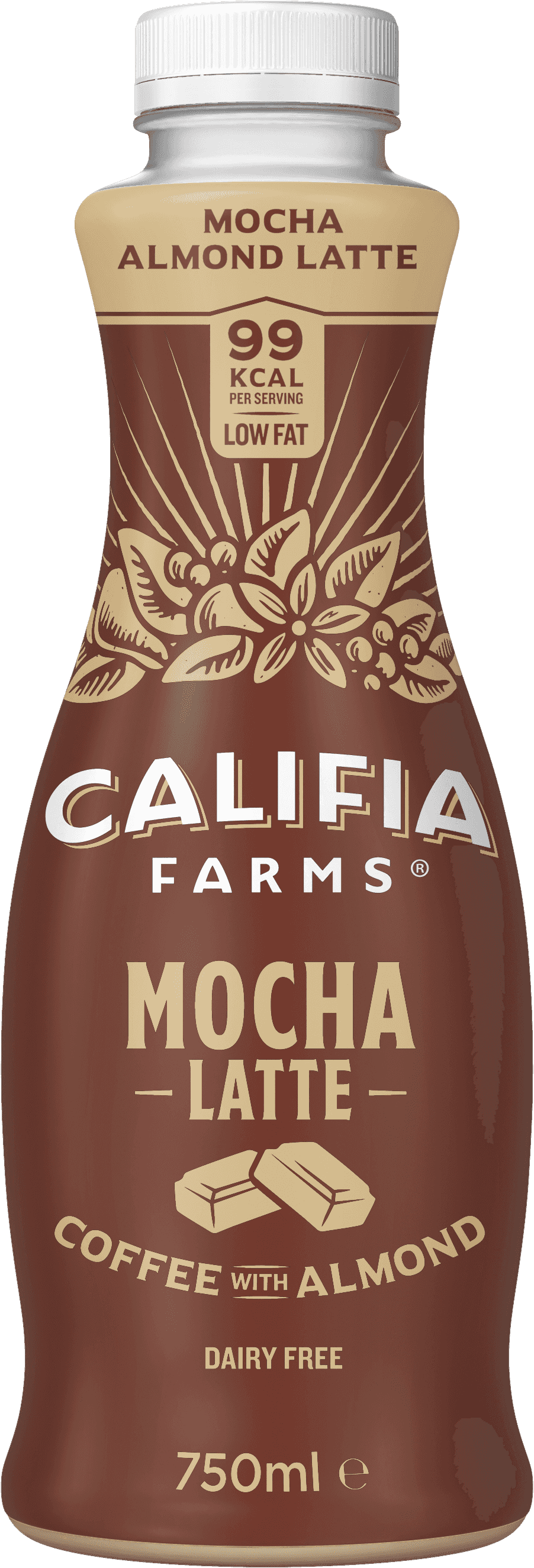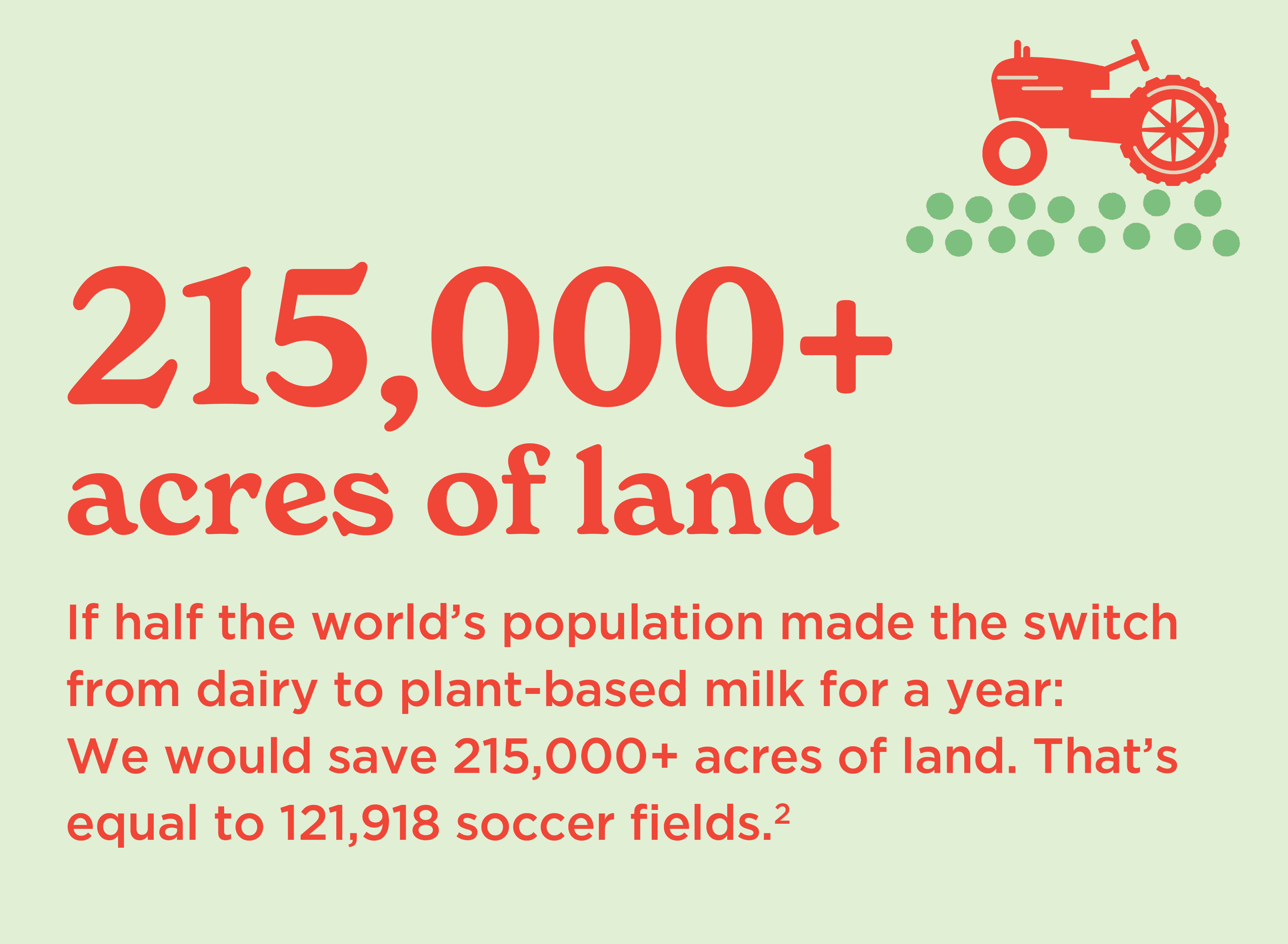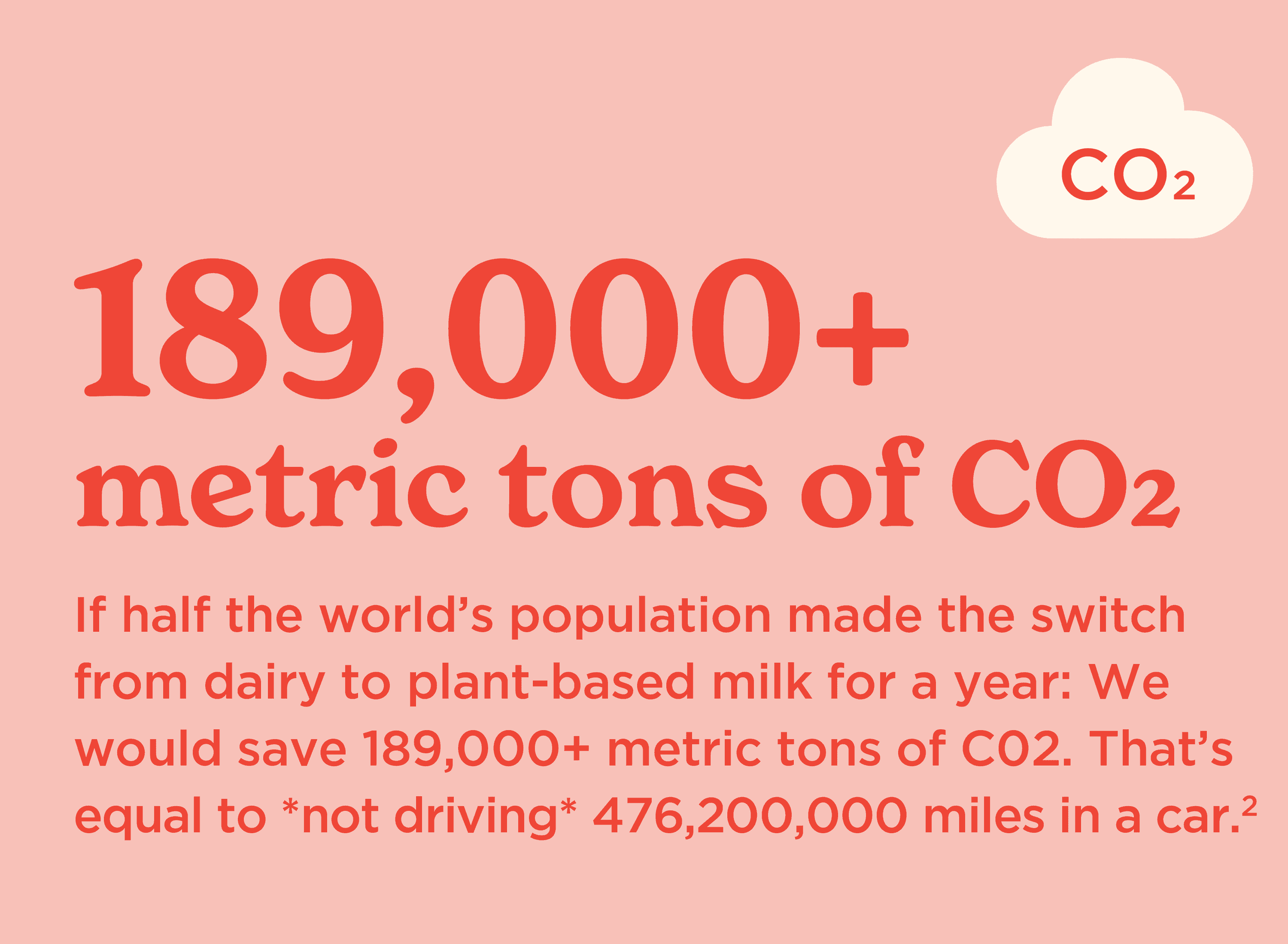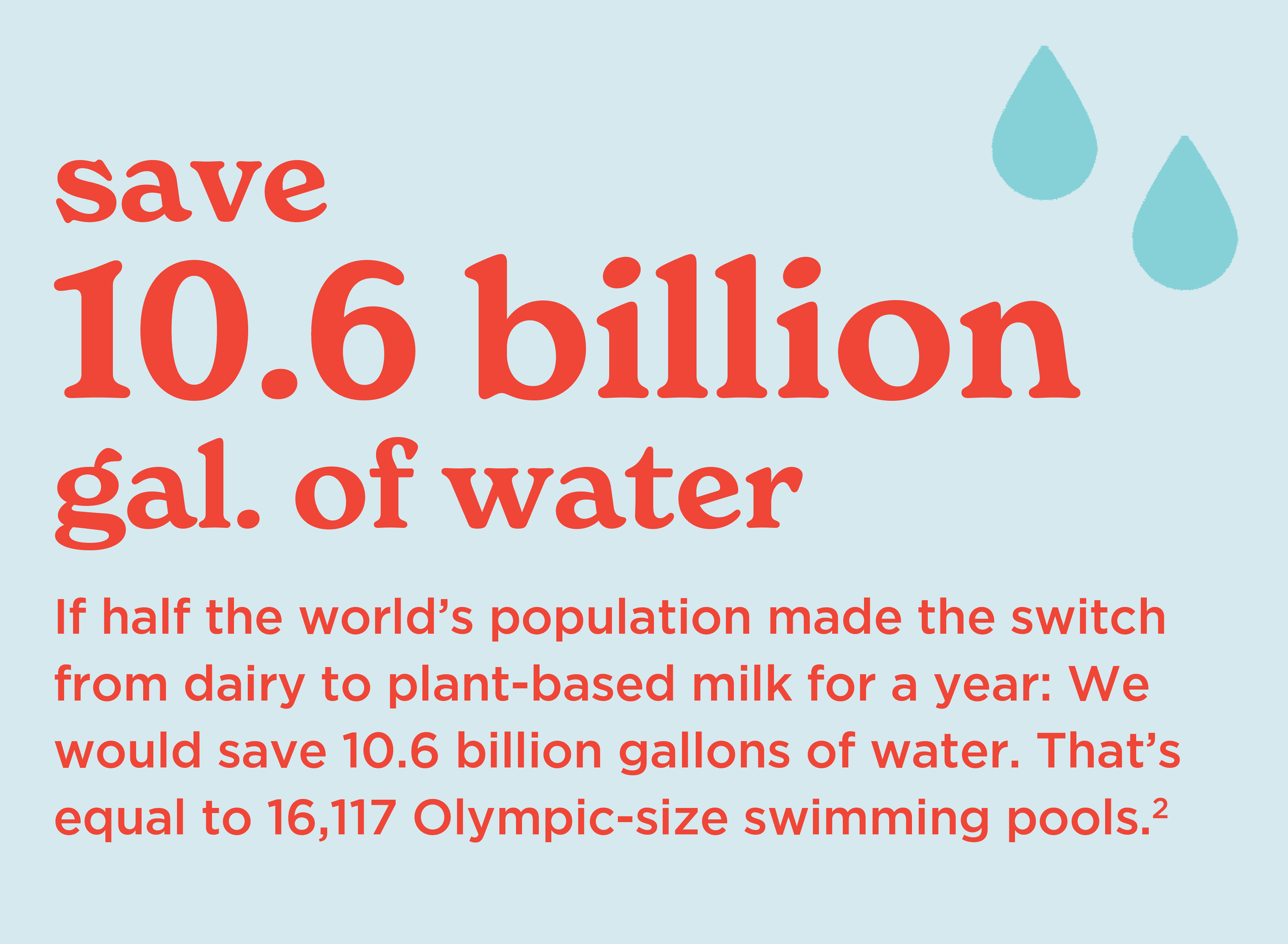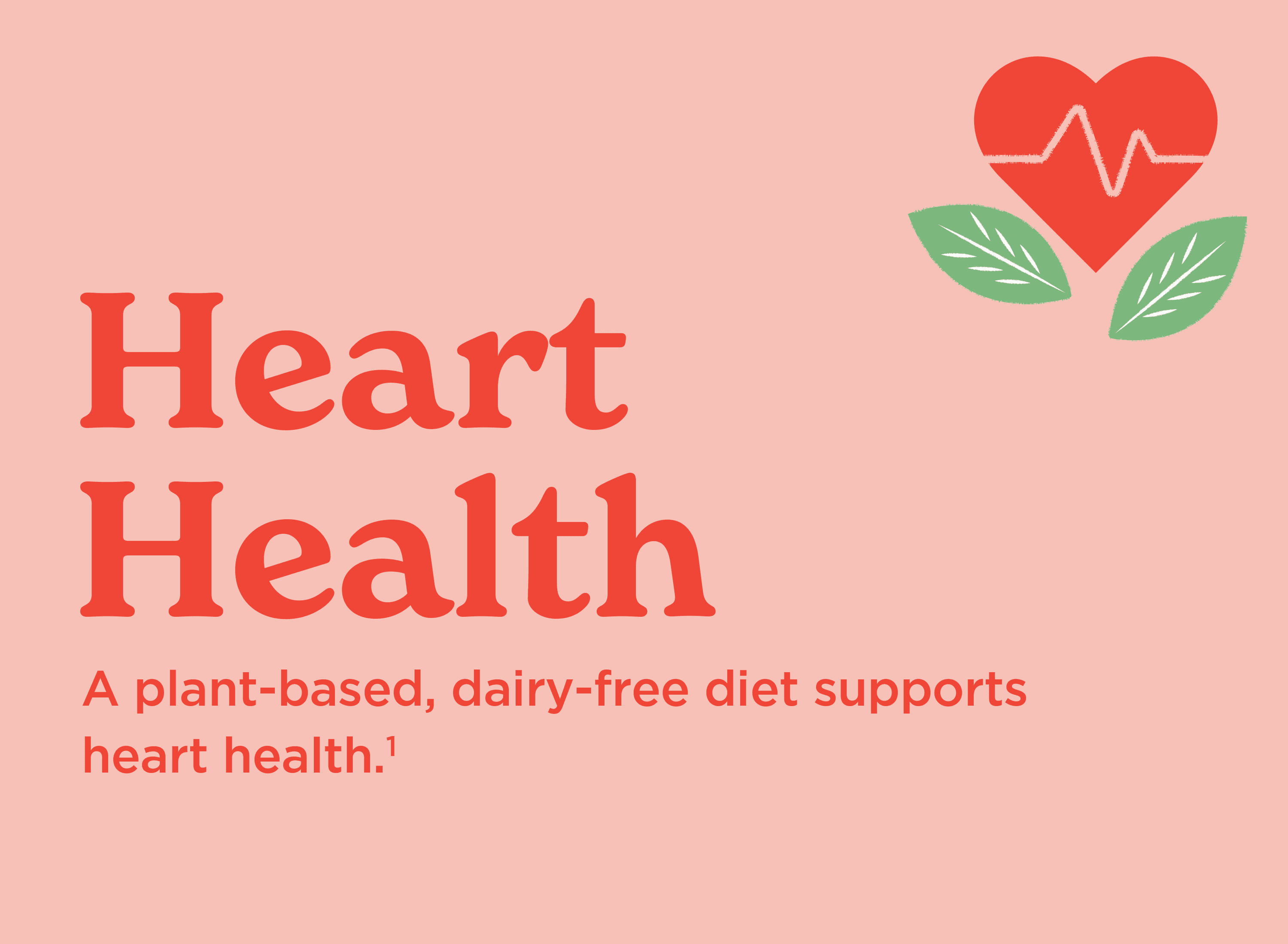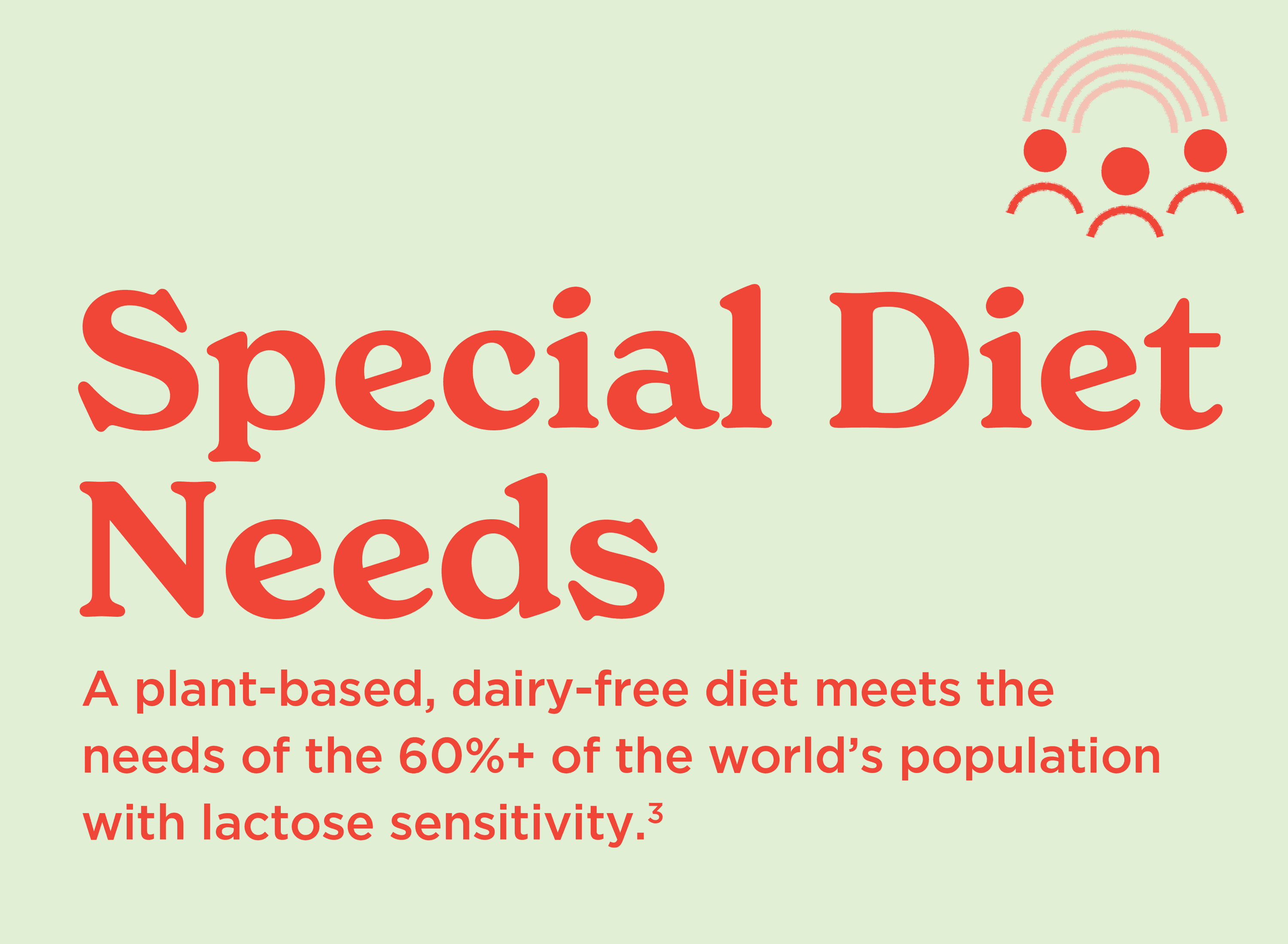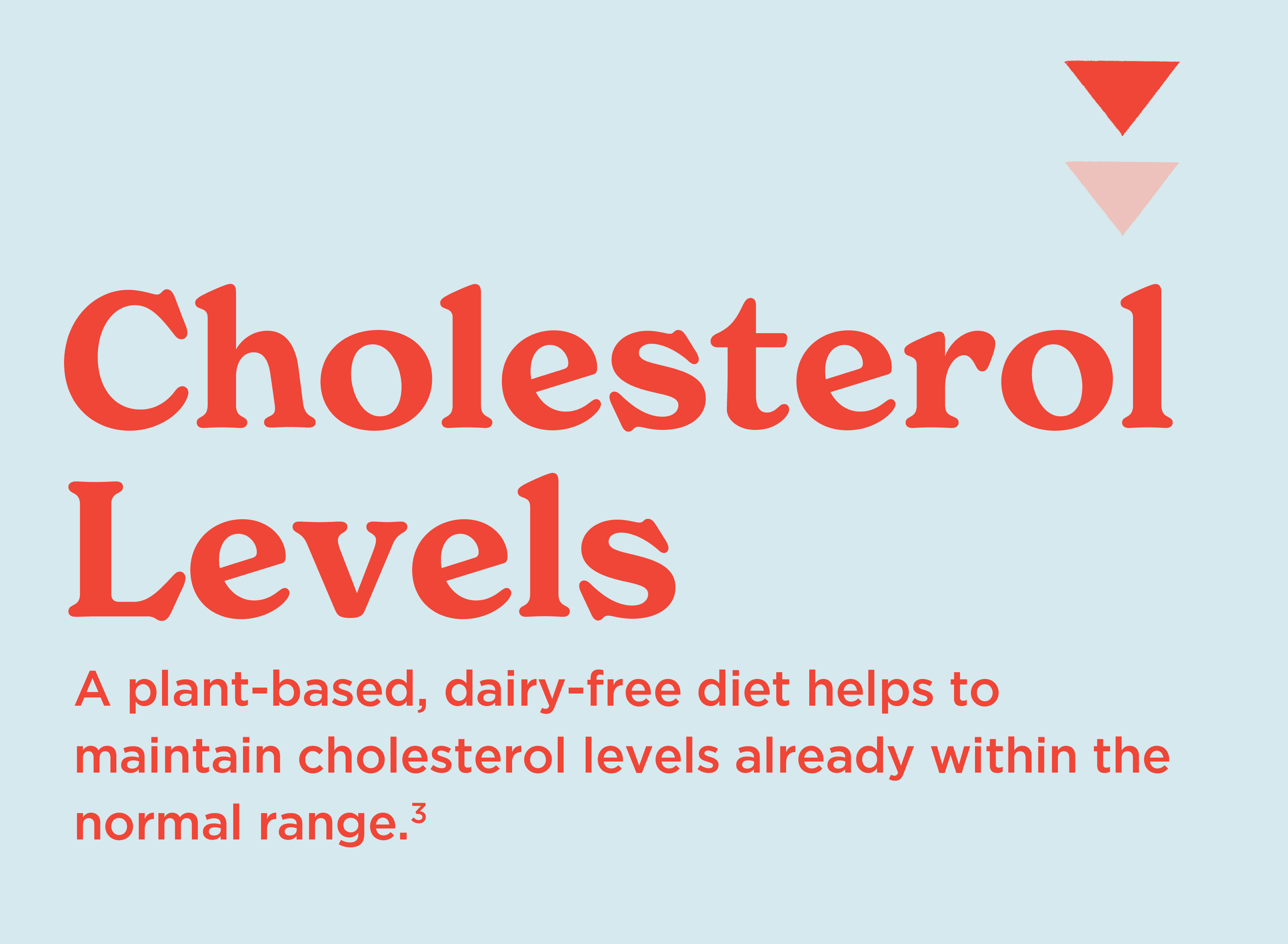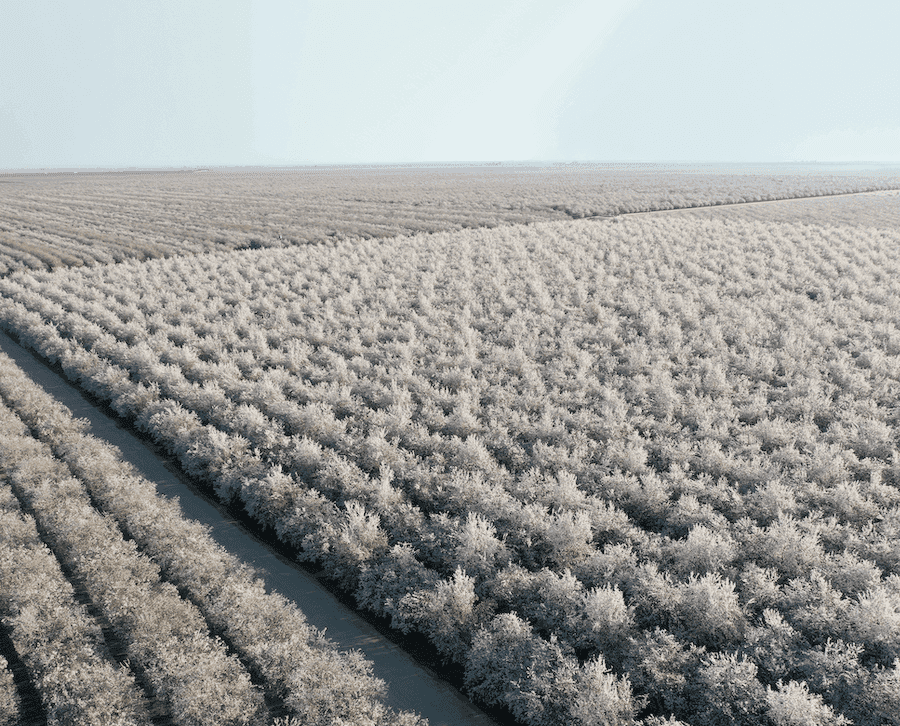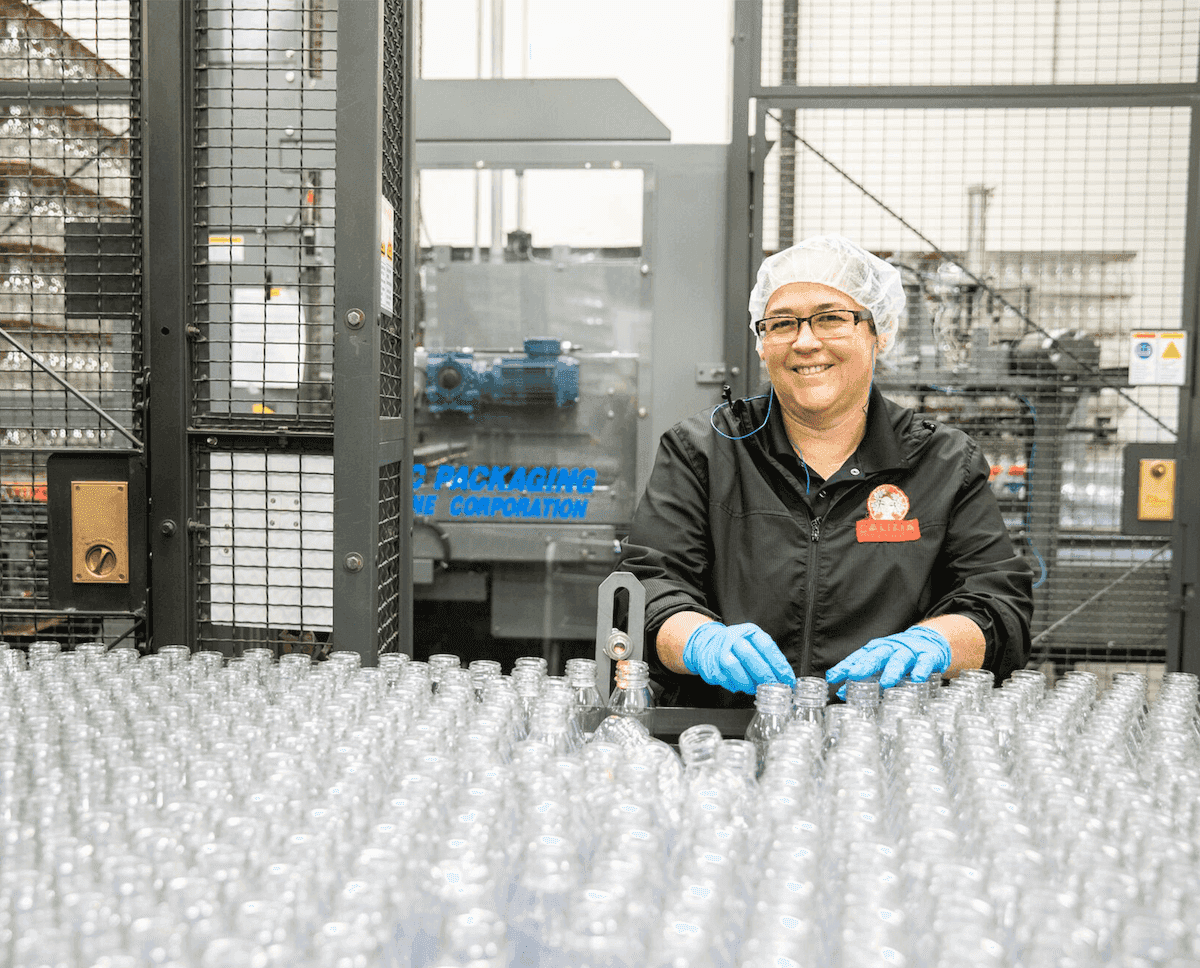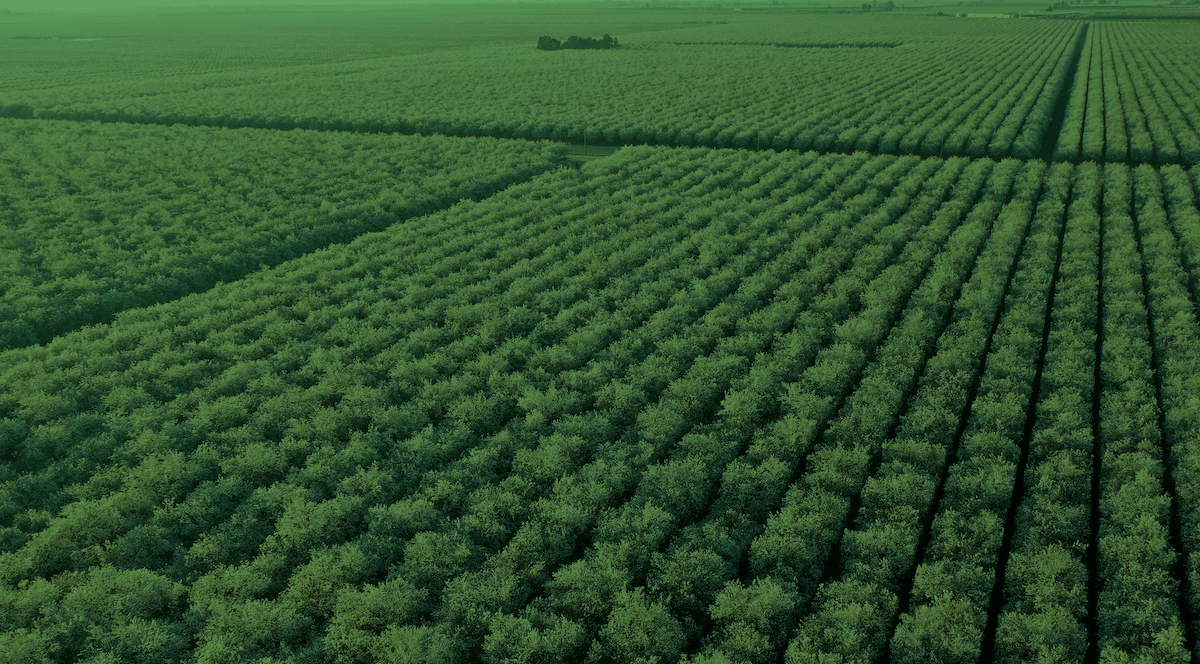
Plant-based is planet-based.
We’re doing our part by creating delicious plant-based alternatives to dairy, and you’re doing yours by staying plant-curious.
Plant-based is people-based.
Our products are made with simple, dairy-free and plant-based ingredients with a rich array of vitamins, minerals, healthy fats, and phytonutrients.
As a plant-based dairy company, we can’t separate sustainability from what we do.
Since producing plant-based drinks uses less water and land, and emits less greenhouse gas compared to dairy, we are already on the path to a more sustainable food system. But we know that simply making plant-based products is not enough. To affect real, lasting change, we need to set rigorous goals for our company in the short, medium, and long term.

